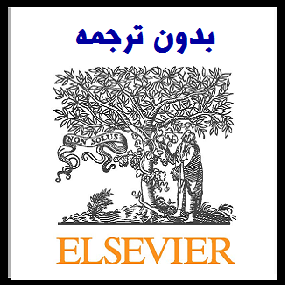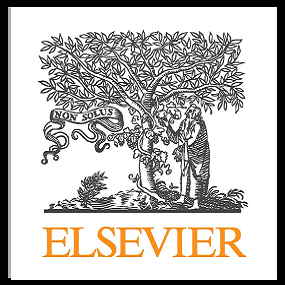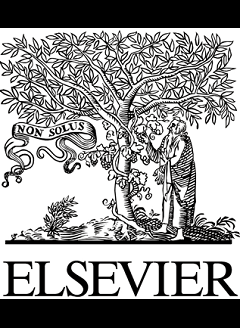دانلود رایگان مقاله یادگیری از بحران حوادث در یک زمینه بین المللی – سال 2019


مشخصات مقاله:
عنوان فارسی مقاله:
تصاحب بدون درد؟ یادگیری از بحران حوادث در یک زمینه بین المللی
عنوان انگلیسی مقاله:
No pain, yet gain?: Learning from vicarious crises in an international context
کلمات کلیدی مقاله:
بحران سازمانی، گسترش یادگیری، گسترش خسارت، زمینه بین المللی
مناسب برای رشته های دانشگاهی زیر:
مدیریت
مناسب برای گرایش های دانشگاهی زیر:
مدیریت بحران – مدیریت اجرایی
وضعیت مقاله انگلیسی و ترجمه:
مقاله انگلیسی را میتوانید به صورت رایگان با فرمت PDF با کلیک بر روی دکمه آبی، دانلود نمایید. برای ثبت سفارش ترجمه نیز روی دکلمه قرمز رنگ کلیک نمایید. سفارش ترجمه نیازمند زمان بوده و ترجمه این مقاله آماده نمیباشد و پس از اتمام ترجمه، فایل ورد تایپ شده قابل دانلود خواهد بود.
فهرست مطالب:
Outline
Abstract
Keywords
۱٫ Introduction
۲٫ Theoretical background
۳٫ Hypothesis
۴٫ Methodology
۵٫ Analysis results
۶٫ Discussion
Declarations of interest
Acknowledgements
References
قسمتی از مقاله انگلیسی:
Abstract
An organizational crisis for other firms in the same industry as a focal firm leads to two major influences: the double-edged sword of learning spillovers and damage spillovers. To suggest optimal ways to promote effective vicarious learning, this study examines the mechanisms and timing of vicarious crises in the international context that yield significant learning spillover (i.e., prevention of future crises) with less damage spillover (i.e., performance downfall) to the focal firm. The results of data analyses of the fatal events in the global airline industry from 1994 to 2012 illustrate that a nonlocal alliance partner’s crisis can prevent future crises for a focal firm without performance downfall. However, such significant learning effects take time to appear. On the other hand, a local competitor’s crisis leads to prompt performance downfall of the focal firm without significant learning spillovers.
1. Introduction
One of the early arguments reported in the literature on organizational learning is that vicarious failures—others’ negative outcomes—provide firms with an important opportunity to gain learning benefits (Argote, 2011; Madsen & Desai, 2010). It has been argued that this learning from vicarious failures is particularly effective when such failures are infrequent but have major consequences, such as product recalls, airline accidents, and industry disasters—in other words, when they are organizational crises (Pearson & Clair, 1998). This is because through vicarious crises, firms can learn about rare and critical failures without bearing direct pain (Nathan & Kovoor-Misra, 2002)



